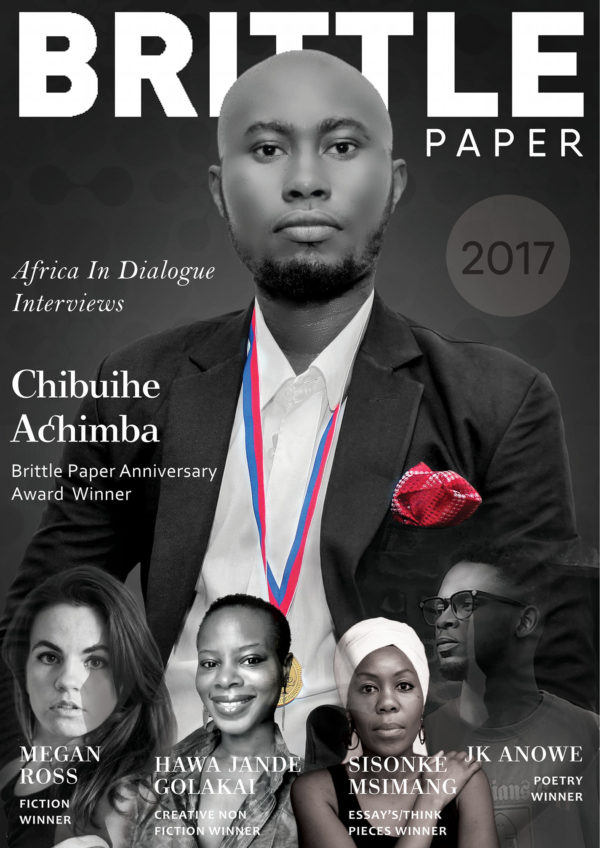
Leading interview magazine Africa in Dialogue has published an e-book of interviews with the winners of the 2017 Brittle Paper Awards. The conversations were conducted by the gifted conversationalist and Africa in Dialogue founder Gaamangwe Joy Mogami.
Founded in 2016, Africa in Dialogue has become a library of profundity with its wide-ranging conversations with artists and thinkers in literature and the visual arts. The magazine has previously published e-books of interviews with the finalists of the Brunel Prize, the Gerald Kraak Award, the Caine Prize, and the Writivism Prize.
Here is Mogami’s Editor’s Letter.
_____________________________________________________
Editor’s Letter
I believe that the art of conversation is the art of remembering. It is the art of remembering that which is elemental for all of us; our private and public griefs, rages, pains, joys, loves and laughters. When we converse we revisit our individuals and collective histories. A re-visit that is necessary because this is where the personal and
public intersect. And when we remember the intersection of the personal and the collective, we remember how to heal. We remember that we can heal. We remember that healing is our
heritage and birthright.
My conversations with the Brittle Paper Awards 2017 winners was our collective remembrance of how to make the personal and collective world, through imagination, sensible and alchemic to ourselves and to those who witness us. With Chibuihe, we remember our collective failure with the constant erasure and harm brought to queer bo dies and the importance of demanding for active protection of queer bodies. With Megan, we remember magic in surrendering, the ancient mother archetype and how its been used as the custodian of pregnancy trauma and motherhood-pain. JK and I explore existentialism, the power of confessional poetry and finding meaning and healing from poetry.
With Sisonke, we remember how we carry the world as women, how we take care of the world as women and how the world celebrate how women endure pain. Hawa and I remember public grief, the collective hysteria that manifested during the Ebola Crisis, and how because we die, we must remember to truly live all of our lives.
I invite you to read our conversations as these remembrance contain the possibilities for new meanings and magic that will awaken and transform.
Gaamangwe Joy Mogami
Founding Editor, Africa In Dialogue
READ: Brittle Paper Awards 2017 Interviews by Africa in Dialogue
________________________________________________
South African essayist and activist Sisonke Msimang won our 2017 Essays & Think Pieces Award for “All Your Faves Are Problematic: A Brief History of Chimamanda Ngozi Adichie, Stanning and the Trap of #BlackGirlMagic,” published in Africa is a Country.
A brilliant commentary on black women as figures of intellectual power, Msimang explores, with the eye of a scholar and pop culture critic, the forces that contributed to Chimamanda Adichie’s dominance in the global imagination. The piece may be about Adichie in subject, but it is also driven by larger questions about how we produce knowledge in the age of social media. Drawing from a wide array of discursive fields— literature, feminism, politics, and fashion—Msimang offers a hard and searing look at how questions of race intersect with global intellectual iconography and social media culture.
Liberian novelist Hawa Jande Golakai won our Creative Nonfiction Award for “Fugee,” published in print in Safe House: Explorations in Creative Nonfiction and online in Granta.
A witty rebuttal to stereotypes, an affecting interrogation of the Ebola crisis in Liberia, as well as of identity and the life of an artist-cum-clinical scientist, “Fugee” is delivered in a beguiling blend of humorous, quotable, often-lyrical sentences. Golakai documents one of the most precarious moments for the African continent with the seriousness it deserves but also the private, subjective dimension it requires. The essay is the perfect modulation of distance and nearness, pain and humor, social commentary and the confessional.
Nigerian poet JK Anowe won our Poetry Award for “Credo to Leave,” published in Expound.
Thematically deviant and Self-centric, an interrogation of psychological make-up, delivered in a voice grounded in vulnerability and deep existential pain, “Credo to Leave” is an entry point to an emerging sub-tradition in the poetry of Nigeria’s new generation. It is a sub-tradition preoccupied with the visceral, personal, and psychological—internal void, suicidal tendencies, masturbation, sex—with digging into the Self. Pegged in the psyche, its introspection—the focus on speaking into oneself rather than speaking out to the world—is an outlet for a confessional generation not afraid to voice its internal struggles and flaws, to make art of it. Given the emotional and psychological state of its voice, the wording of “Credo to Leave,” the abrupt clarity of it, demonstrates psychological acuity, clinical depression unadorned. “Credo to Leave” is a revolt.
South African writer Megan Ross won our Fiction Award for “Farang,” published in Short Story Day Africa‘s Migrations: New Short Fiction from Africa.
An aching romance, a study of intimacy and companionship set in Thailand and South Africa, a reflection on love and language, on foreknowledge and inevitability, “Farang” is wrought in visual prose so lyrical and controlled it moves like a spring. In “Farang,” we witness a dialogue among subject, style, and aesthetic experimentation, but one that is accessible in its complexity.
Nigerian poet Chibuihe Achimba won our Anniversary Award for “We’re Queer, We’re Here,” published by us.
Brave, impactful, a query into the paucity of Nigerian literature about queerness and an expatiation of the immediate violence that so empowers homophobia, Obi’s work is all the more important given the unfortunate circumstance of his kidnapping—which only strengthens his work’s premise.
Brittle Paper thanks the Africa in Dialogue team!


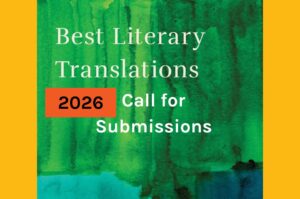
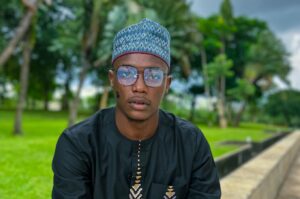
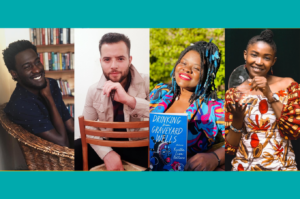
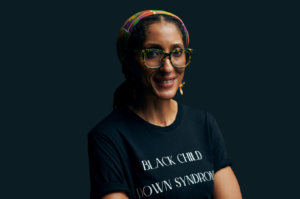
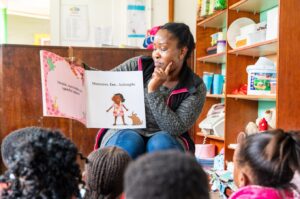
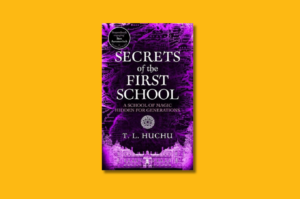

COMMENTS -
Reader Interactions